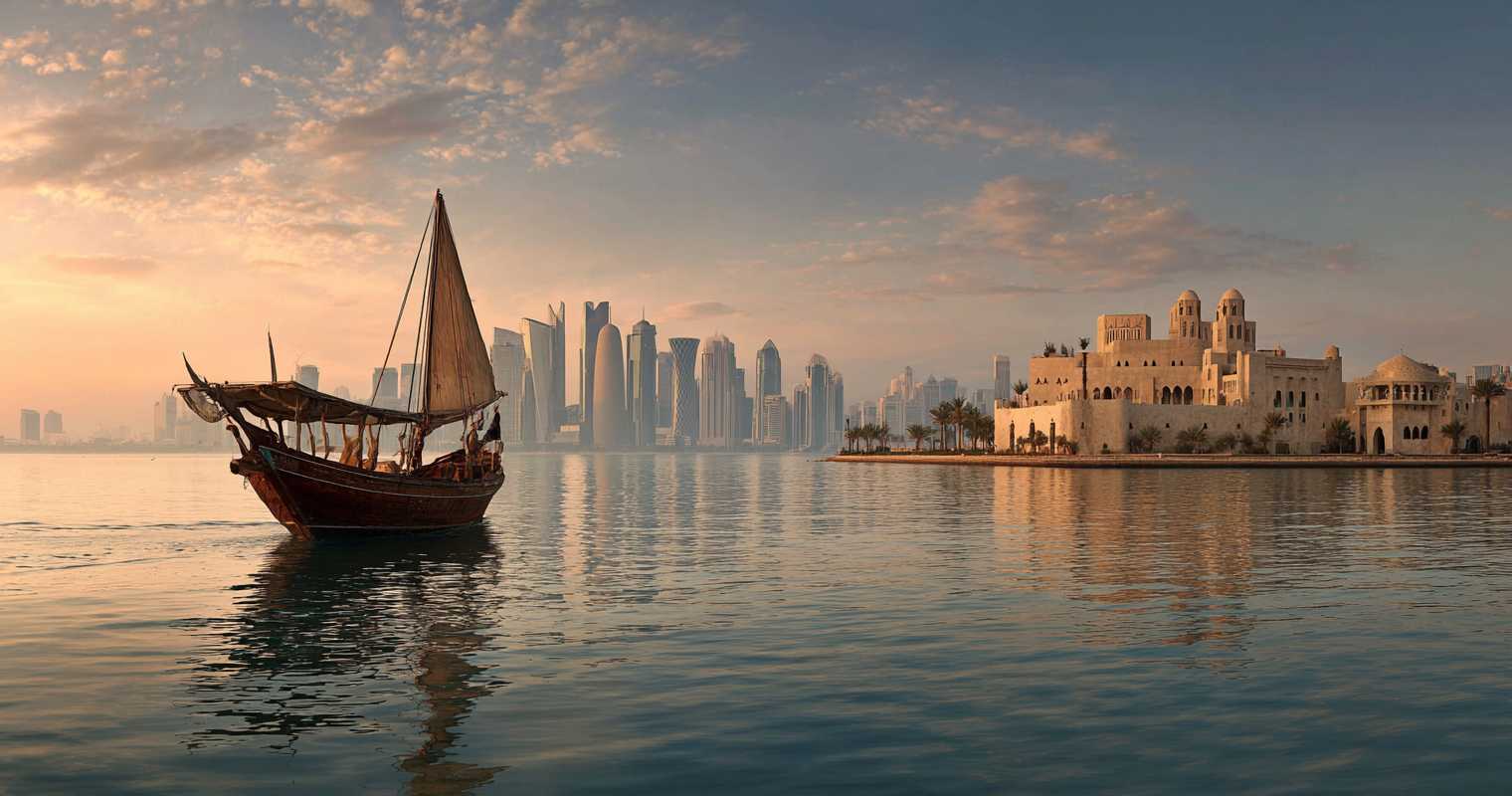
The Qatar History Quiz introduces you to a country where tradition and modern ambition exist side by side in perfect harmony. From ancient trade routes that once carried goods across the desert to the glittering skyline that now defines Doha, Qatar’s story is one of transformation. Its history is not only about dates and events but also about the way its people have shaped a thriving society grounded in heritage. The old souqs, filled with spices, textiles, and stories, continue to offer glimpses into a vibrant past. These traditions live on, carried by generations who balance deep cultural pride with an eagerness to innovate. In every corner of Qatar, history is not only remembered—it is woven into daily life.
5 Serious Facts About Qatar
- Qatar’s educational reforms include programs designed to teach younger generations about their cultural roots.
- Qatar invests heavily in preserving cultural heritage through national museums and cultural programs.
- Arabic poetry has long been a defining part of Qatari intellectual life.
- Qatar’s legal framework protects historical sites and promotes cultural preservation.
- The nation’s economy supports large-scale cultural initiatives to maintain traditional arts.
9 Fun Facts About Qatar
- Qatar has one of the highest literacy rates in the region, reflecting its focus on education.
- Traditional Qatari boats, called dhows, are still used during cultural festivals.
- Falconry is a celebrated heritage sport, with dedicated markets and even falcon hospitals.
- Souq Waqif hosts evening performances of music and dance that attract both locals and tourists.
- Hospitality is so important that offering coffee or tea to guests is considered a cultural obligation.
- The country’s architecture often features wind towers, an ancient form of natural cooling.
- Qatar’s festivals often include camel beauty contests as part of cultural celebrations.
- Storytelling remains a respected tradition, with many elders sharing tales of Qatar’s past.
- Some Qatari dishes, like machboos, have recipes passed down for generations without change.
The Qatar History Quiz also highlights how the country’s culture has influenced its identity in unique ways. Hospitality remains a cornerstone of Qatari society, where welcoming guests is more than custom—it is an expression of national character. The language, art, and music of Qatar all reflect a deep connection to the land and its history. Even its festivals, filled with poetry recitals and traditional dances, create a bridge between past and present. By exploring these elements, you gain a fuller understanding of how Qatar’s culture provides a foundation for both continuity and change. This perspective reveals why the nation stands out as a blend of history, community, and progress.
In Qatar, history is not confined to textbooks; it lives in the architecture, traditions, and voices of its people.
The Culture of Qatar
The Qatar History Quiz uncovers how the culture of this nation remains central to its identity. Qatari customs are rooted in community values, where family gatherings and shared meals play a vital role. Souq Waqif, with its labyrinth of stalls, is more than a market—it is a cultural meeting point where past and present converge. Traditional clothing, such as the thobe and abaya, reflect a heritage that has been preserved with pride. Through these traditions, Qatar sustains a cultural rhythm that connects generations.
Art also plays an important role in Qatari life. Museums showcase calligraphy, sculpture, and paintings that reflect both local talent and global influence. The country invests in cultural festivals that celebrate storytelling, crafts, and music. These events keep heritage alive while inspiring new creative expressions. In Qatar, culture is not simply observed; it is actively lived.
The People of Qatar
The Qatar History Quiz also explores the role of the Qatari people in shaping their nation’s identity. Strong family ties form the backbone of Qatari society, with traditions passed down through both spoken stories and shared experiences. Community values emphasize respect, cooperation, and pride in heritage. The people’s dedication to preserving customs while embracing progress reflects their unique ability to balance history and modernity. This duality has become a defining strength of the nation.
Education and language reinforce this connection. Arabic remains the primary language, anchoring the country to its historical roots, while English is widely used in business and education. This bilingual environment enables Qataris to thrive in both local and global contexts. Through this adaptability, the people of Qatar continue to strengthen their cultural foundation while embracing a broader world view.
The Living Heritage of Qatar
The Qatar History Quiz highlights how heritage in this nation is more than tradition—it is an evolving force. Architecture blends ancient design with striking modern structures, creating a skyline that reflects both history and ambition. Festivals celebrating poetry, falconry, and traditional crafts ensure that the past remains connected to the present. Public art installations and cultural centers promote dialogue between generations, reinforcing shared identity. This dynamic approach allows Qatar to honor its roots while moving confidently toward the future.
In this environment, history feels tangible. Visitors and residents alike experience it in the food, music, and customs that shape daily life. By understanding these elements, you gain insight into how Qatar has maintained its character while embracing change. Its living heritage serves as proof that culture thrives best when it evolves with its people.
Qatar History – FAQ
Qatar’s history is marked by significant events such as the formation of the Al Thani dynasty in the 19th century, the discovery of oil in the 1940s, and its independence from British rule in 1971. These milestones have had a lasting impact on Qatar’s political, social, and economic landscape.
Qatar’s history has left an indelible mark on its society and culture, influencing everything from its traditional practices and customs to its modern infrastructure and global outlook. The blending of tradition and modernity is a testament to the country’s dynamic history.
